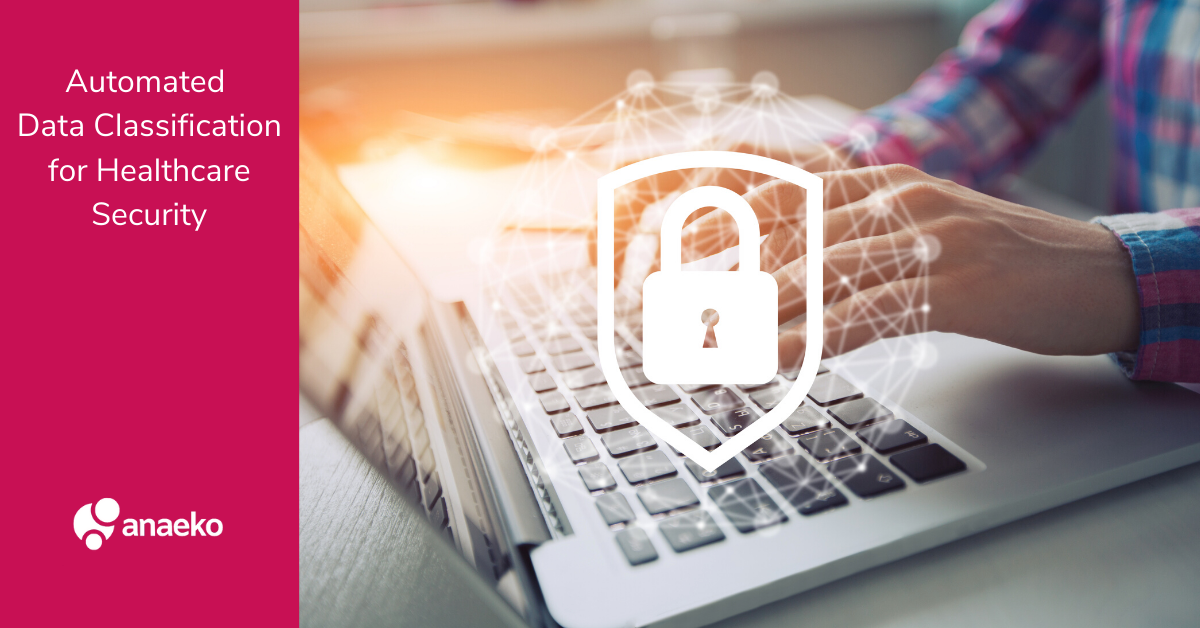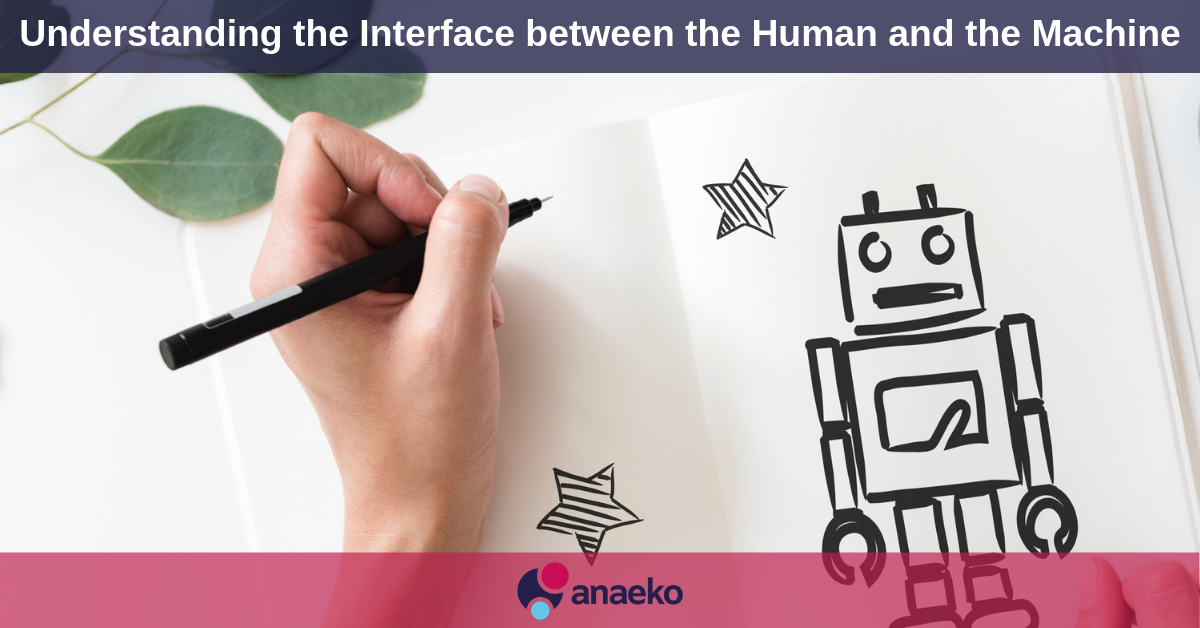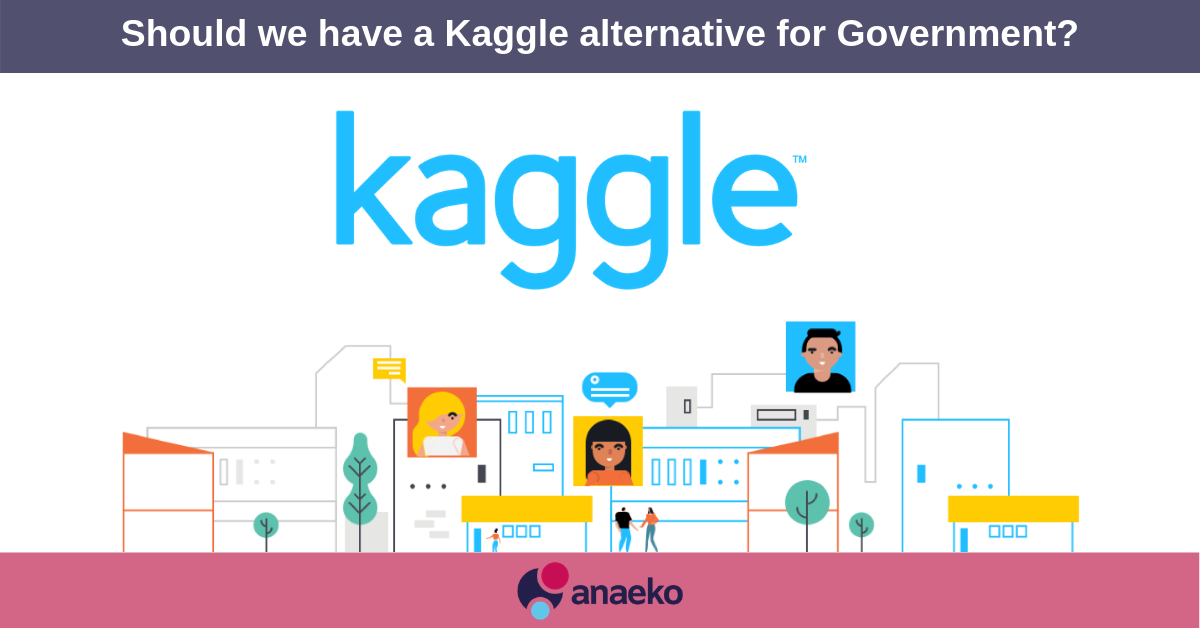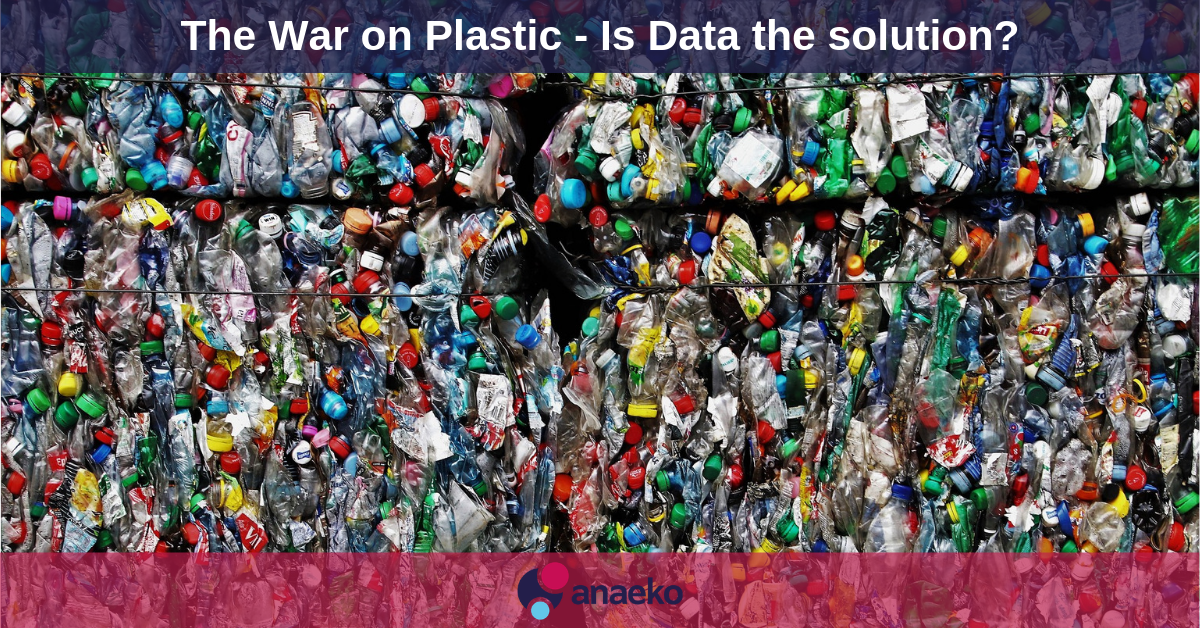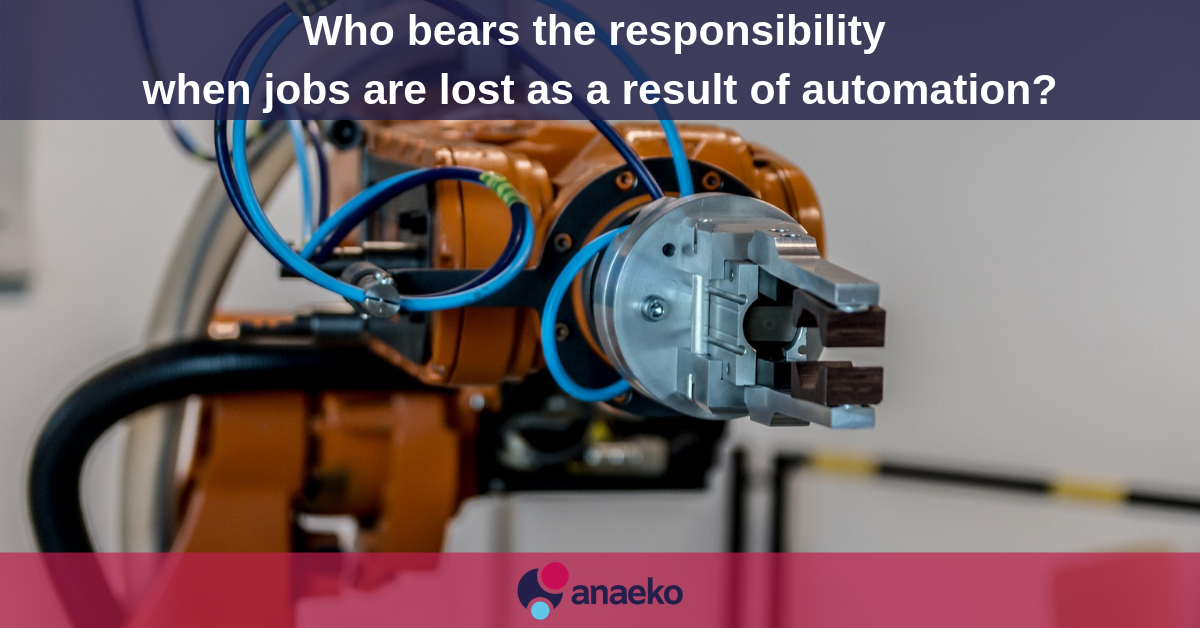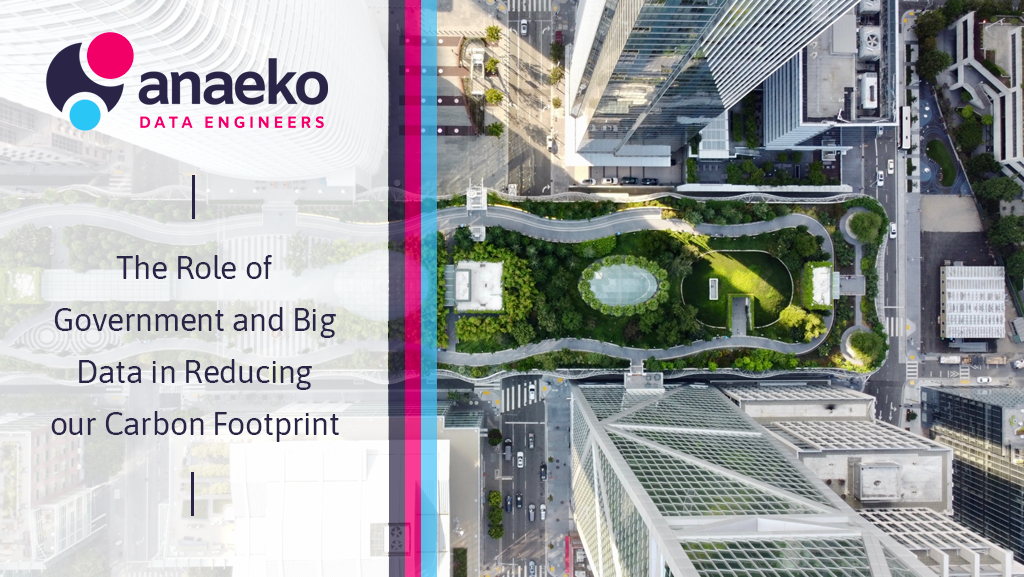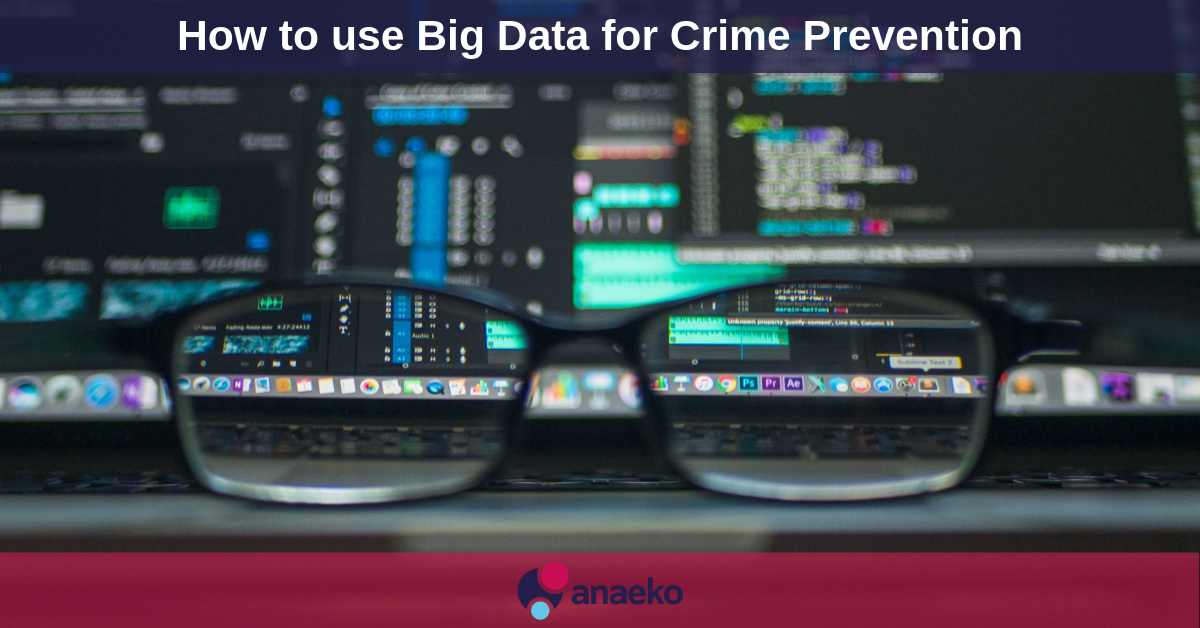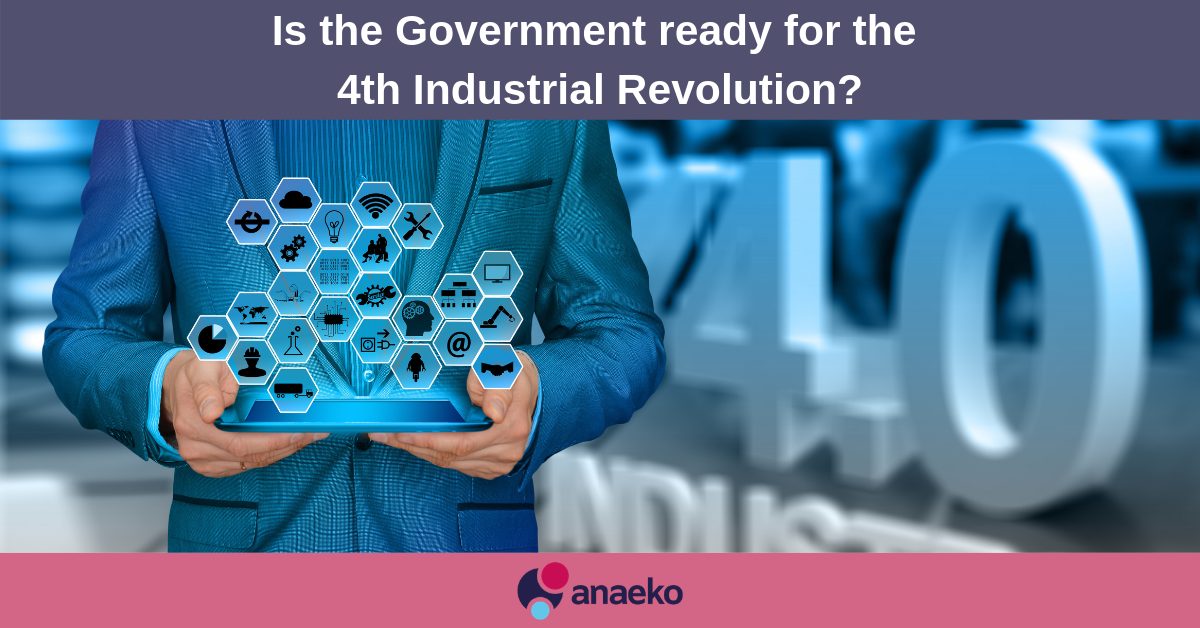The healthcare industry produces and gathers a huge amount of data and this data has the potential to be used in predictive analytics modelling to help improve and forecast the demand on healthcare services. There are many ways in which predictive analytics could be used. Some companies are looking at forecasting hospital readmissions and others looking at predicting specific patient illnesses before they become serious.
Automated Data Classification for Healthcare Security
02 Dec 2019 by Emma Foster 3 minute read
Providers in the healthcare industry must take every precaution to ensure the data they are handling is protected with levels of data security and privacy.
Should we have a Kaggle alternative for Government?
18 Apr 2019 by Anaeko 3 minute read
Kaggle is an online community of data scientists and machine learners, owned by Google LLC. It offers an environment where users can find and publish datasets, explore and build models in a web-based data-science environment, work with other data scientists and machine learning engineers, and enter competitors to solve data science challenges.
The War on Plastic - Is Data the solution?
20 Mar 2019 by Anaeko 3 minute read
It's hard to miss the images of plastic waste in the media, with some of the statistics and pictures being both frightening and sickening. In 2015, the annual production of plastics increased to nearly 381 million tonnes, this is roughly equivalent to the mass of two-thirds of the world population. From a study conducted in 2010, it was estimated that 8 million tonnes of plastic entered the oceans with roughly 10,000 to 100,000s tonnes of plastic in surface waters (Our World in Data).
Overcoming Obstacles of Artificial Intelligence and Data In Healthcare
27 Feb 2019 by Anaeko 3 minute read
Artificial Intelligence In Healthcare
There are few (if any) industries that can be transformed by artificial intelligence to the degree that healthcare can. As initiatives around the world seek to digitise healthcare data, there are huge opportunities for game-changing tools and platforms. However, with potentially a yottabyte (1024 gigabytes) of healthcare data in the United States alone, we are no closer to this utopian, data-driven world of healthcare. Data in existence is not standardised, highly fragmented and is stored in incompatible legacy platforms. The technology exists, so why is healthcare so far behind other sectors in utilising existing technology and what needs to be done to catch up?
The Role of Government and Big Data in Reducing our Carbon Footprint
13 Feb 2019 by Anaeko 4 minute read
The adoption of digital solutions, scaled across multiple industries, will reduce carbon emissions and build towards global government pledges to bring global energy-related carbon dioxide emissions to net zero by 2050. Analysis by Accenture, in collaboration with the World Economic Forum, shows that digital technologies could deliver up to 20% of the 2050 reduction needed.
Big Data has many opportunities and will be the foundation behind any new technology to enable reporting, measurement, analytics, and operation. Big data doesn't just allow industries to track success but is crucial to the function and use of digital technology.
How to use Big Data for Crime Prevention
30 Jan 2019 by Anaeko 2 minute read
Crime Prevention
Imagine the possibility of preventing a fatal offence. This happens more commonly than the public are aware of, all thanks to technology. One example of crime prevention- in 2015, a teenager in England was taken into care after it was revealed he had been researching gun types and nearby school locations to possibly carry out a school shooting. Authorities were able to intervene as the teenager had been flagged as a vulnerable threat.
Is the Government ready for the 4th Industrial Revolution?
24 Jan 2019 by Anaeko 2 minute read
We are currently on the cusp of the fourth industrial revolution, and what an exciting time it is! The way we live, work and relate to one another is changing. The 4IR is characterised by a fusion of technologies that are blurring the lines between the physical, digital and biological spheres. With this new era comes enormous potential for automation and development; enterprises are investing in it, but is the government?


